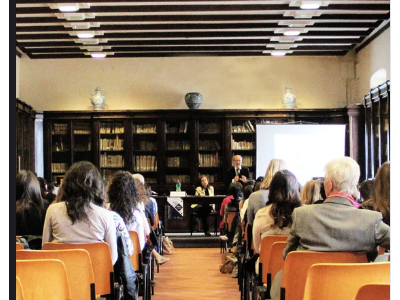
Transferring knowledge from one generation to the next is more important then ever.
The transfer of knowledge is vital in many technical fields, including the HVAC (Heating, Ventilation, and Air Conditioning) Test and Balance sector. Over the next five years, the importance of this transfer is magnified due to several factors:
1. Technological Advancements: As the HVAC industry integrates newer technologies and methods, it's crucial for professionals to understand and implement them. This might include advancements in building management systems, sensors, control systems, or even data analytics tools that optimize HVAC performance. Without effective knowledge transfer, there's a risk of falling behind in using the latest techniques.
2. Growing Demand for Energy Efficiency: Environmental concerns, rising energy costs, and stricter regulations make energy-efficient HVAC systems more critical than ever. Understanding how to test and balance these systems ensures that they operate at optimal efficiency, reducing energy waste and costs for building owners.
3. Generational Gap: As seasoned professionals retire, there's an urgent need to pass on their years of acquired expertise to younger entrants in the field. This transfer prevents the loss of valuable insights and hands-on experiences that aren't easily found in textbooks.
4. Increasing Complexity of Building Designs: Modern building designs often incorporate intricate HVAC systems to cater to unique aesthetics, functions, and sustainability goals. Properly testing and balancing these systems requires in-depth knowledge and a skillset that is continually updated.
5. Safety and Indoor Air Quality (IAQ): The global pandemic has highlighted the importance of IAQ in maintaining the health and well-being of occupants. HVAC professionals with the latest knowledge on how systems impact IAQ can better ensure that buildings remain safe and comfortable spaces.
6. Standardizations and Regulations: As industries evolve, so do the standards and regulations governing them. Knowledge transfer ensures that HVAC professionals are aware of and comply with the most recent guidelines, maintaining the quality and safety of their work.
7. Competitiveness: For businesses in the HVAC field, staying updated and ensuring employees are trained in the latest methods can be a differentiating factor. It can lead to better customer satisfaction, reduced callbacks, and a stronger reputation in the market.
8. New Tools and Software: The integration of digital tools, software, and possibly even AI-based solutions will become more prevalent in HVAC test and balance work. Professionals need to be trained to use these tools effectively.
In essence, the HVAC Test and Balance field is dynamic and ever-evolving. A continuous and deliberate transfer of knowledge is essential to meet the challenges of the future, maintain high professional standards, and ensure that buildings are safe, comfortable, and energy-efficient.




